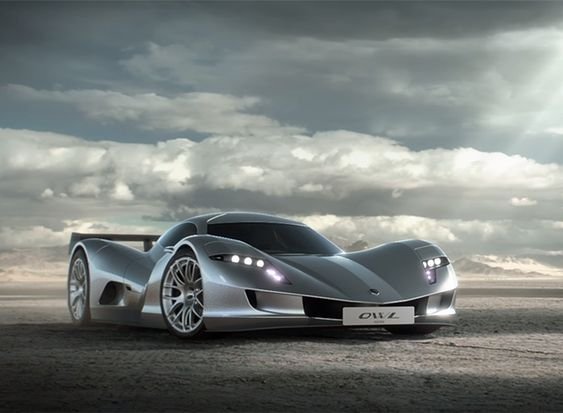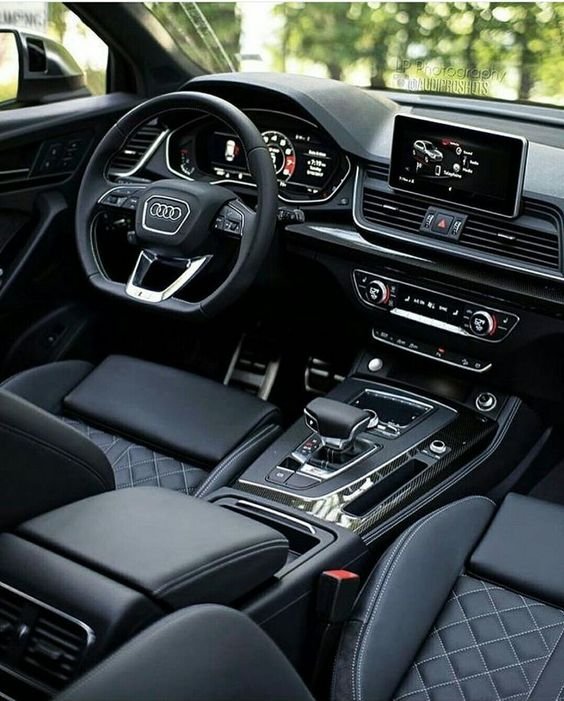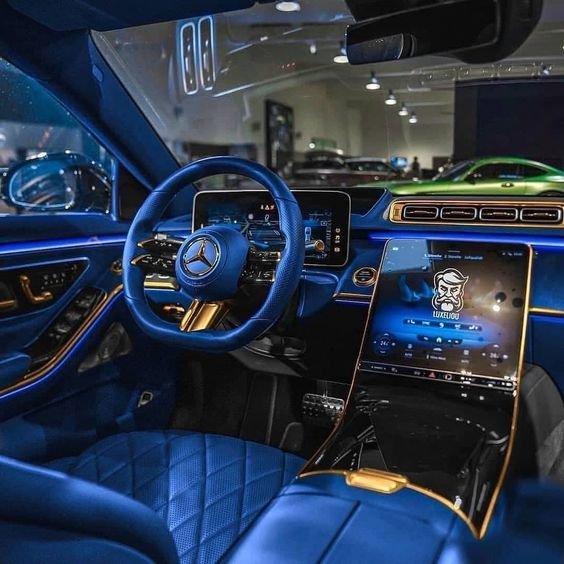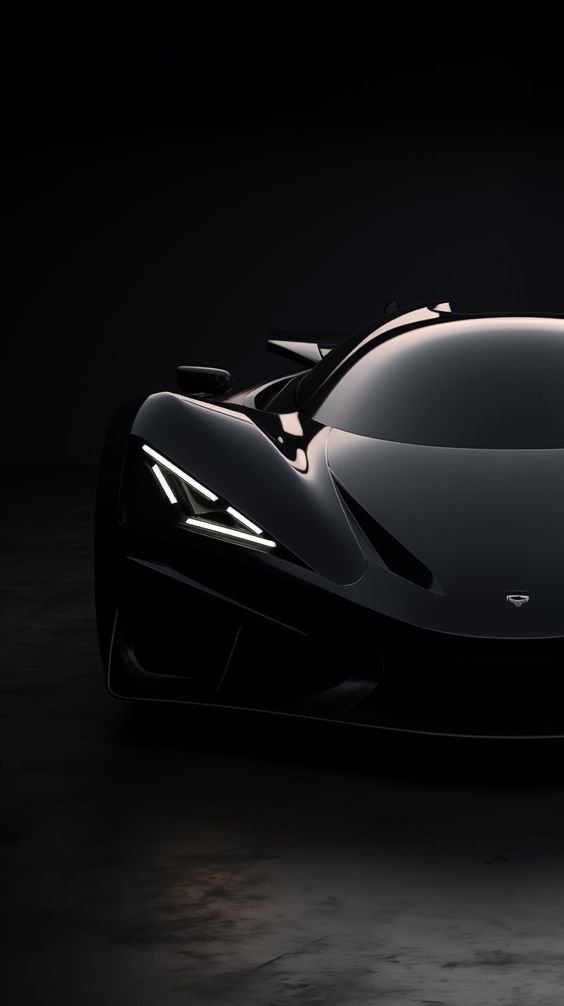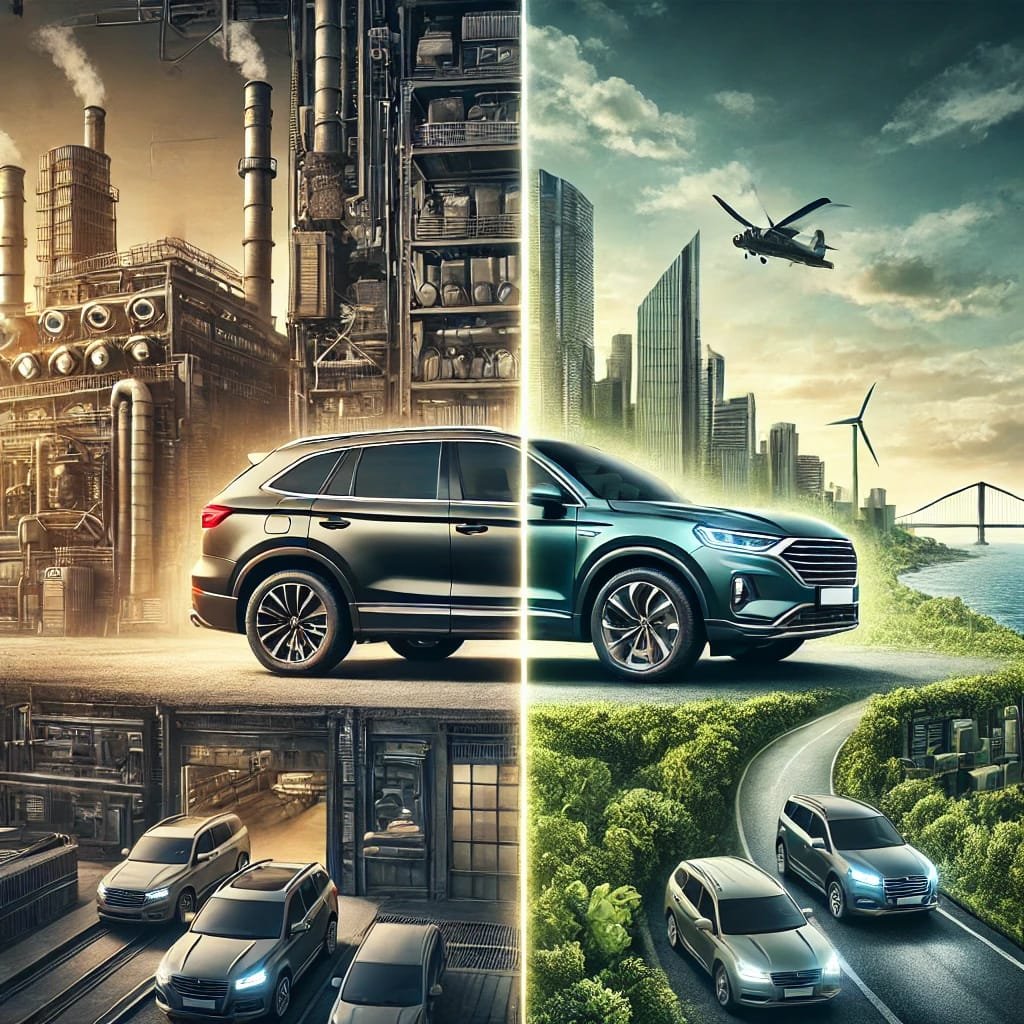
In the rapidly evolving automotive landscape of India, consumers face an array of choices when it comes to selecting their ideal vehicle. Among the most debated topics is the comparison between diesel and hybrid crossovers. Both powertrain options offer unique benefits and drawbacks, influencing buyer decisions based on factors such as fuel efficiency, environmental impact, cost, and driving experience. This article delves deep into the technology, advantages, and challenges of diesel and hybrid crossovers in India, providing a comprehensive analysis to help consumers make an informed choice.
Introduction to Crossovers
Crossovers, also known as crossover utility vehicles (CUVs), combine the best features of SUVs and passenger cars. They offer higher seating positions, better visibility, and greater cargo capacity, while maintaining the ride comfort and fuel efficiency of a car. In India, crossovers have gained immense popularity due to their versatility and practicality.
Diesel Crossovers
Overview
Diesel engines have been a popular choice for crossovers in India for many years. Known for their robustness and fuel efficiency, diesel crossovers are favored by long-distance travelers and those who require high torque for heavy loads and rugged terrains.
Technology
Diesel engines operate by compressing air to a high temperature and then injecting fuel, causing combustion. This process is different from gasoline engines, which use spark plugs to ignite the fuel-air mixture. Key components of diesel engines include turbochargers and intercoolers, which enhance power and efficiency.
Advantages
Fuel Efficiency: Diesel engines are generally more fuel-efficient than their gasoline counterparts. They offer better mileage, which translates to lower fuel costs over time.
Torque and Power: Diesel engines produce more torque, making them ideal for towing and carrying heavy loads. This is beneficial for crossovers that may be used for off-road adventures or transporting goods.
Durability: Diesel engines are known for their durability and longevity. They are built to withstand high levels of stress, making them reliable for long-term use.
Resale Value: Diesel vehicles often retain their value better than gasoline vehicles. This can be an important factor for buyers considering long-term ownership.
Challenges
Emissions: Diesel engines produce higher levels of nitrogen oxides (NOx) and particulate matter (PM), which contribute to air pollution. This has led to stricter emission norms and regulations in India.
Noise and Vibration: Diesel engines tend to be noisier and produce more vibrations than gasoline or hybrid engines, potentially affecting driving comfort.
Initial Cost: Diesel crossovers typically have a higher initial purchase cost compared to gasoline models, although this can be offset by lower fuel costs over time.
Maintenance: Diesel engines require more maintenance, including regular servicing and more expensive parts, which can add to the overall cost of ownership.
Hybrid Crossovers
Overview
Hybrid crossovers are vehicles that combine an internal combustion engine (typically gasoline) with an electric motor.
This combination aims to improve fuel efficiency and reduce emissions. Hybrid technology has been gaining traction in India, especially among environmentally conscious consumers.
Technology
Hybrid vehicles use a combination of a gasoline engine and one or more electric motors. The electric motors are powered by a battery pack, which is charged through regenerative braking and, in some cases, by the engine itself.
There are different types of hybrid systems, including mild hybrids, full hybrids, and plug-in hybrids (PHEVs).
Advantages
Fuel Efficiency: Hybrid crossovers are designed to maximize fuel efficiency. They typically offer better mileage than both gasoline and diesel vehicles, especially in city driving conditions.
Lower Emissions: Hybrids produce fewer emissions than traditional internal combustion engine vehicles. This makes them a greener choice, contributing to reduced air pollution and environmental impact.
Smooth and Quiet Drive: The electric motor in hybrids provides smooth and quiet acceleration. This enhances the overall driving experience and comfort.
Regenerative Braking: Hybrid vehicles use regenerative braking to capture energy that would otherwise be lost during braking. This energy is used to recharge the battery, improving efficiency.
Challenges
Initial Cost: Hybrid crossovers generally have a higher initial purchase price compared to traditional gasoline and diesel vehicles. This is due to the complex technology and additional components.
Battery Life and Replacement: The battery pack in hybrid vehicles can degrade over time. Although they are designed to last many years, eventual replacement can be expensive.
Limited Availability: The availability of hybrid models in India is still limited compared to traditional gasoline and diesel vehicles. This can restrict choices for consumers.
Charging Infrastructure for PHEVs: Plug-in hybrids require charging infrastructure, which is still developing in India. This can be a limitation for buyers considering PHEVs.
Comparative Analysis
Fuel Efficiency and Cost
Fuel efficiency is a major consideration for Indian consumers due to the high cost of fuel. Diesel engines are traditionally known for their superior fuel economy, especially on highways.
However, hybrid crossovers are designed to excel in urban driving conditions with frequent stops and starts. Hybrids can switch to electric mode at low speeds, reducing fuel consumption significantly.
When comparing overall cost, diesel crossovers may have lower running costs due to better fuel efficiency. However, hybrid crossovers can offer comparable or even lower running costs due to reduced fuel consumption and lower maintenance needs over time.
Environmental Impact
The environmental impact of a vehicle is a critical factor in today’s market. Diesel engines produce higher NOx and PM emissions, contributing to air pollution and health issues. Despite improvements in emission control technologies, diesel vehicles still face stricter regulations.
Hybrid crossovers, on the other hand, produce lower emissions due to their ability to operate on electric power at low speeds. They contribute to reduced greenhouse gas emissions and are a better choice for environmentally conscious consumers.
Driving Experience
The driving experience varies significantly between diesel and hybrid crossovers. Diesel engines offer high torque and power, making them suitable for heavy loads and off-road conditions. However, they tend to be noisier and produce more vibrations.
Hybrid crossovers provide a smoother and quieter driving experience due to the electric motor. The transition between electric and gasoline power is often seamless, enhancing comfort. However, they may lack the high torque offered by diesel engines, which can be a consideration for those requiring more power.
Maintenance and Reliability
Diesel engines are known for their durability and long lifespan. However, they require regular maintenance and have higher servicing costs. Components like turbochargers and diesel particulate filters (DPF) can be expensive to replace.
Hybrid vehicles, while having fewer moving parts in the engine, have additional components like the battery pack and electric motors. These can lead to higher repair costs if issues arise. However, the overall maintenance cost can be lower due to fewer oil changes and less wear and tear on the engine.
Market Availability and Choices
Diesel crossovers have been a staple in the Indian market for years, providing a wide range of options across different price segments. This makes it easier for consumers to find a diesel crossover that fits their budget and requirements.
Hybrid crossovers are relatively new to the Indian market, with fewer models available. However, manufacturers are increasingly introducing hybrid options, recognizing the growing demand for eco-friendly vehicles. As the market evolves, the choices for hybrid crossovers are expected to expand.
Case Studies: Popular Diesel and Hybrid Crossovers in India
Diesel Crossovers
1. Toyota Fortuner
The Toyota Fortuner is a popular diesel crossover in India. Known for its rugged build and powerful performance, the Fortuner offers high torque and excellent off-road capabilities. It has a loyal customer base and is favored for long-distance travel and adventure driving.
2. Ford Endeavour
The Ford Endeavour is another top choice in the diesel crossover segment. It combines luxury with performance, offering a comfortable and powerful driving experience. The Endeavour is equipped with advanced features and is well-suited for both urban and off-road conditions.
Hybrid Crossovers
1. Toyota Camry Hybrid
The Toyota Camry Hybrid is a leading hybrid crossover in India. It offers a blend of luxury, fuel efficiency, and low emissions. The Camry Hybrid is equipped with a powerful hybrid system that provides smooth acceleration and excellent mileage, making it a preferred choice for eco-conscious consumers.
2. MG Hector Hybrid
The MG Hector Hybrid is gaining popularity in the Indian market. It offers a combination of gasoline and electric power, enhancing fuel efficiency and reducing emissions. The Hector Hybrid is known for its spacious interior, advanced technology features, and competitive pricing.
Future Trends and Considerations
Government Policies and Incentives
Government policies and incentives play a significant role in shaping the automotive market. In India, there are ongoing efforts to promote cleaner and more sustainable transportation options. Incentives for hybrid and electric vehicles, such as tax benefits and subsidies, can influence consumer choices.
Advancements in Technology
Advancements in automotive technology are expected to continue driving the evolution of both diesel and hybrid crossovers. Improved emission control technologies, battery advancements, and hybrid systems will enhance the performance and efficiency of these vehicles.
Consumer Preferences
Consumer preferences are shifting towards more sustainable and eco-friendly options. As awareness about environmental impact grows, the demand for hybrid and electric vehicles is likely to increase. Manufacturers will need to adapt to these changing preferences by offering more hybrid models and improving their technology.
Conclusion
The debate between diesel and hybrid crossovers in India is multifaceted, involving considerations of fuel efficiency, environmental impact, cost, and driving experience. Diesel crossovers offer high torque, durability, and fuel efficiency, making them suitable for heavy-duty use and long-distance travel. However, they face challenges related to emissions and maintenance costs.
Hybrid crossovers provide excellent fuel efficiency, lower emissions, and a smooth driving experience, especially in urban environments. They represent a greener alternative but come with higher initial costs and considerations related to battery life and charging infrastructure.
Ultimately, the choice between diesel and hybrid crossovers depends on individual preferences, driving needs, and budget. As the automotive market continues to evolve, both diesel and hybrid crossovers will play crucial roles in meeting the diverse demands of Indian consumers. With ongoing advancements and government support, the future looks promising for both technologies, offering a wide range of options for buyers to choose from.
ALSO READ: Major Japanese Automobile and Motorcycle Manufacturers


